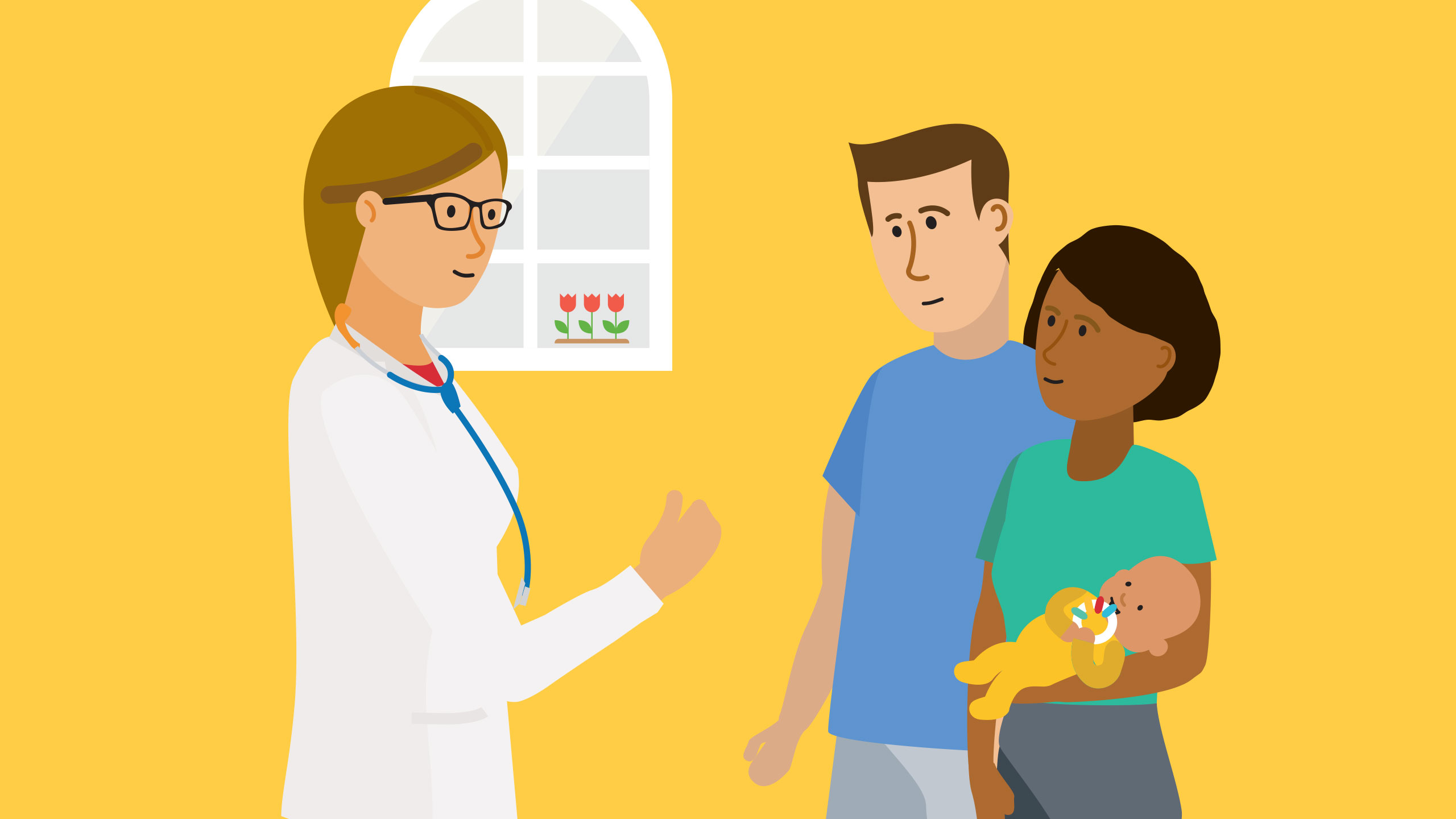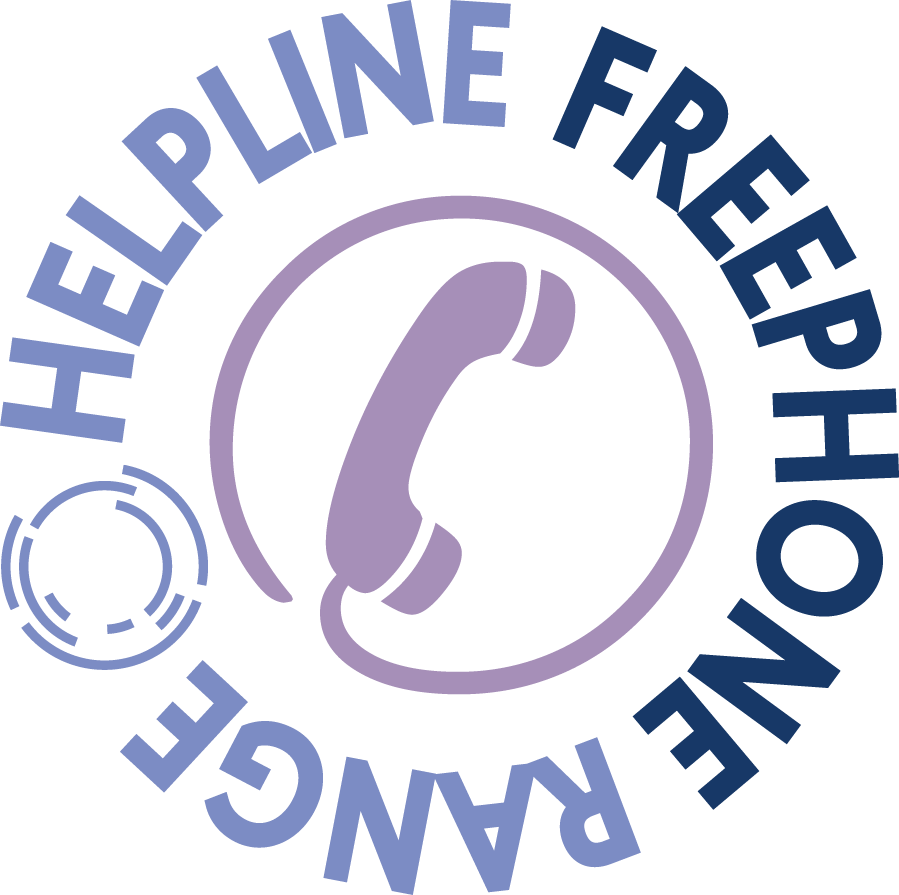
Vaccinating your baby
Vaccines protect babies from serious life-threatening illnesses and help to prevent SIDS. They have a good safety profile, which means that serious side effects are very rare. Vaccination during pregnancy will be highly effective in protecting babies against flu and whooping cough for the first few months of life.
It’s best for babies to be vaccinated at the recommended age, as they are then protected from serious diseases as early in life as possible.
After vaccinations
The NHS advises after some childhood vaccinations, some children may feel irritable and unwell and some may develop a high temperature (fever). For more advice: https://www.nhs.uk/vaccinations/vaccination-tips-for-parents/
When babies feel unwell, with a cold or fever, they may be warmer than usual. Your baby should be dressed appropriately for their environment, it is important not to feel tempted to wrap an unwell baby up more than usual.
If your baby has a fever or you are worried about your baby you should call your GP or 111. If your baby shows signs of being significantly unwell you should seek medical advice. Please visit the NHS for more advice on vaccinations and a fever in childhood: https://www.nhs.uk/vaccinations/vaccination-tips-for-parents/ and High temperature (fever) in children – NHS (www.nhs.uk)
Vaccinations and SIDS
Many research studies have shown that not only is there no increased risk of SIDS from vaccines, but babies who are up to date with their vaccinations actually have a significantly lower risk of SIDS. More detail on the studies, widely accepted internationally, is in our Evidence Base
If you have any concerns or questions about immunising your child it is best to speak to a trained health professional such as your doctor or health visitor.
Vaccinations and SIDS: FAQs
Why has the SIDS rate gone up if there is no link between vaccinations and SIDS?
According to the most recent figures released by the Office for National Statistics; the rate of SIDS went up in the UK in 2018. However, the rate of SIDS has gone down by over 80% overall in the last 25 years. We don’t know why the SIDS rate went up in 2018, but we believe there may be a link with reduced availability of support for new families and rising levels of deprivation
I have read some really frightening information about vaccinations on the internet and now I don’t know what to believe.
There is a lot of information on the internet about vaccinations and much of it is not accurate or is untrue. The best person to talk to about any fears you have is a trained medical professional. Your doctor or health visitor will be happy to talk through any worries. You can also look at organisations trusted in public health such as the World Health Organisation.
How do we know that vaccines are safe?
Before they are allowed to be used, all medicines (including vaccines) are thoroughly tested to assess how safe and effective they are. After they have been licensed, the safety of vaccines continues to be monitored. Any rare side effects that are discovered can then be assessed further. All medicines can cause side effects, but vaccines are among the very safest. Research from around the world shows that immunisation is the safest way to protect your child’s health.
(Public Health England’s guide to immunisations in babies up to one year of age)
Is it really important that I vaccinate my child?
Vaccinating your child will protect them from some serious illnesses that could cause death or lifelong health problems. For more information see Public Health England’s guide to immunisations in babies up to one year of age and blog on 14 questions new parents ask about vaccination
For more information on safer sleep click here

